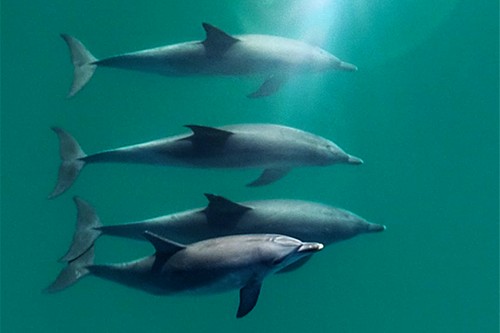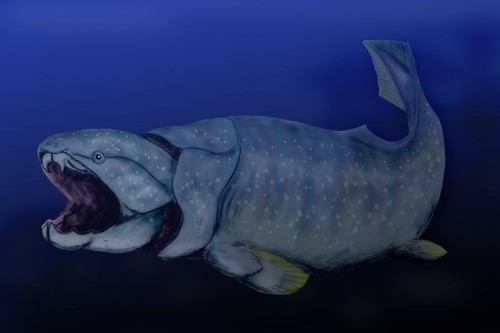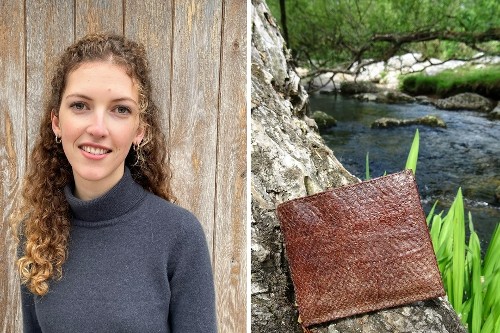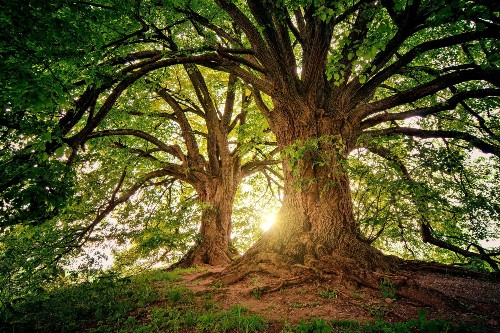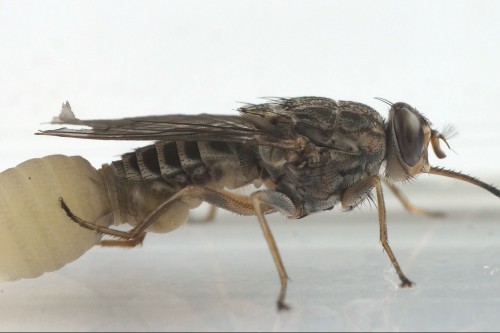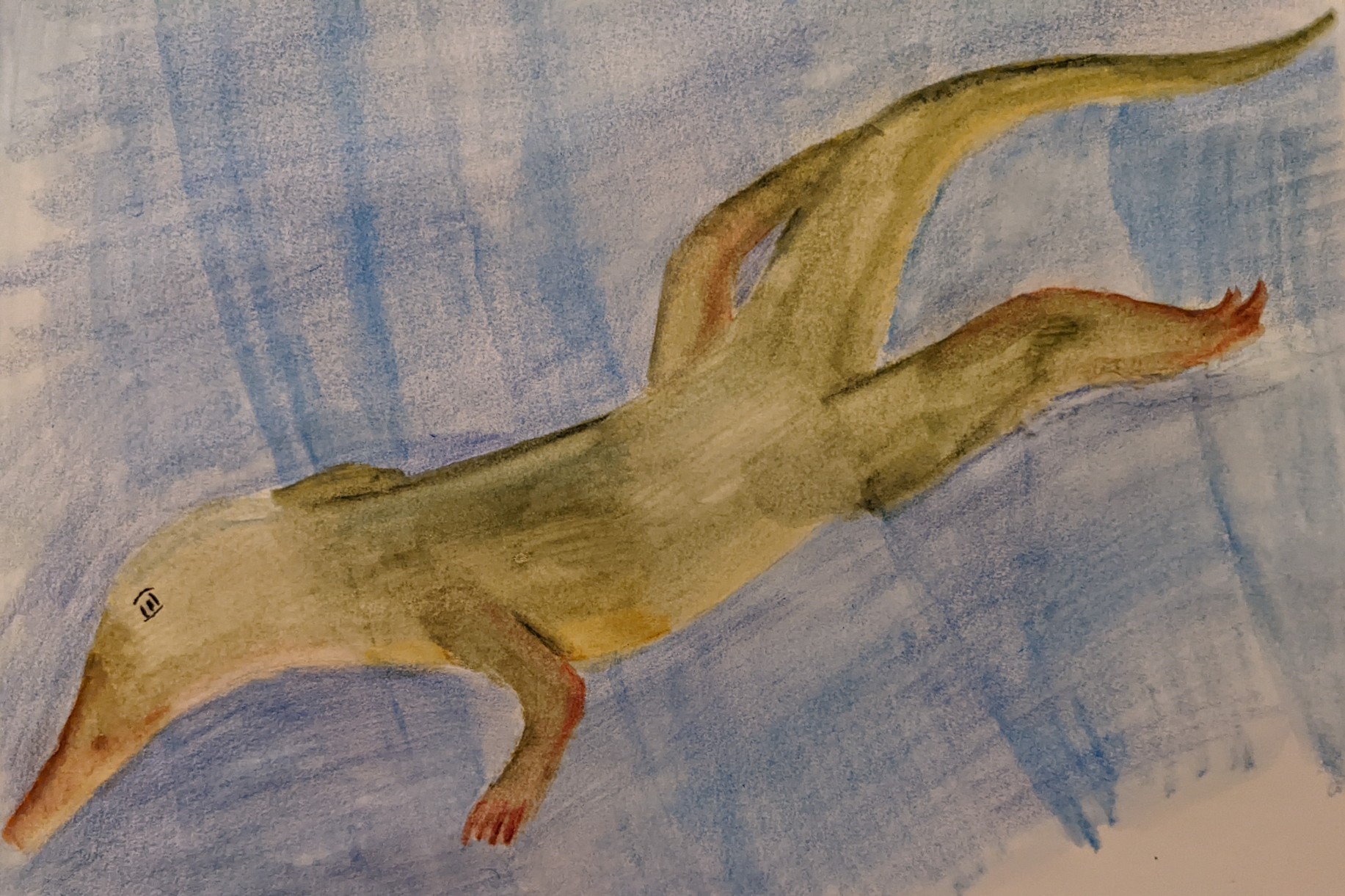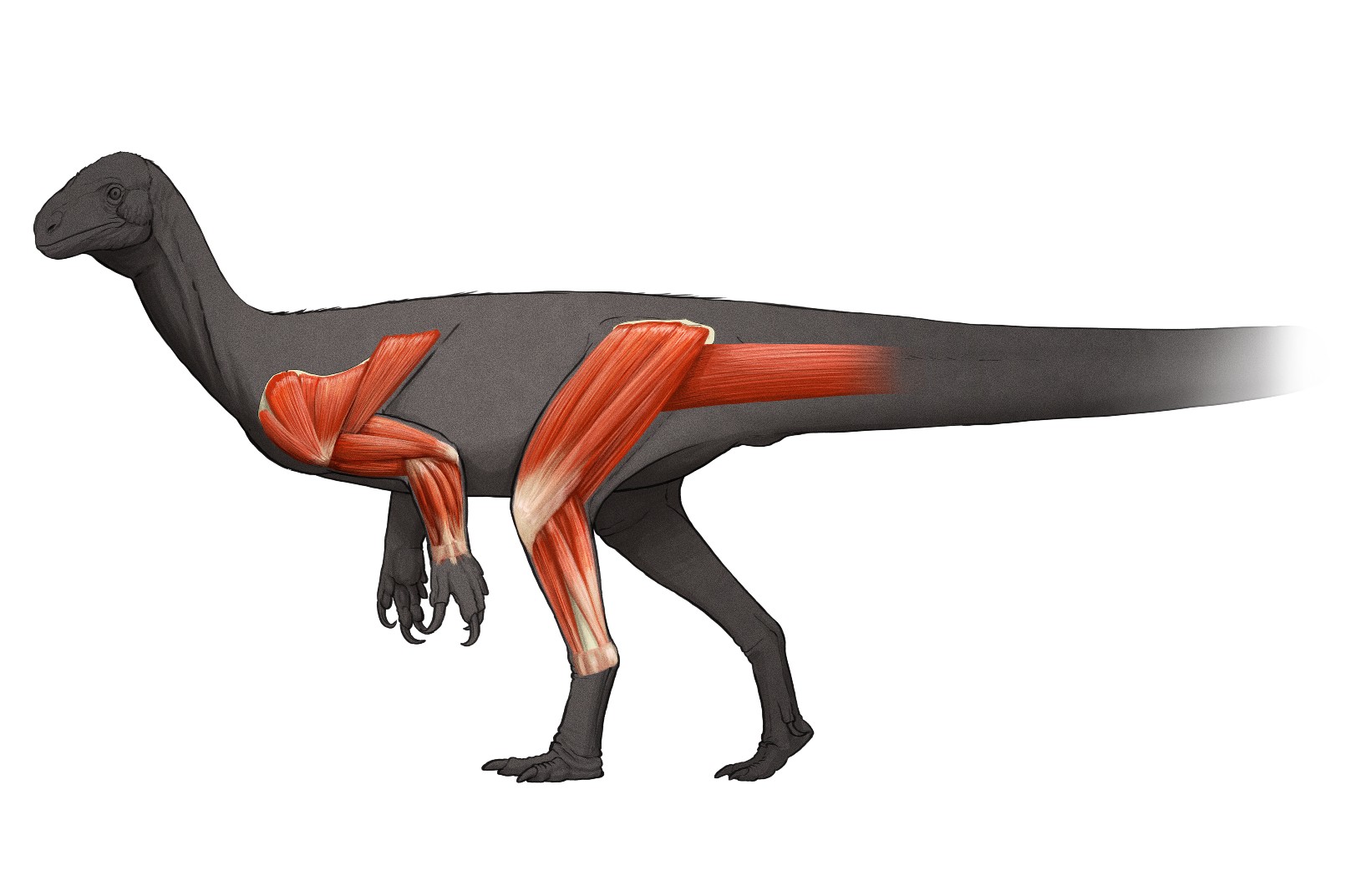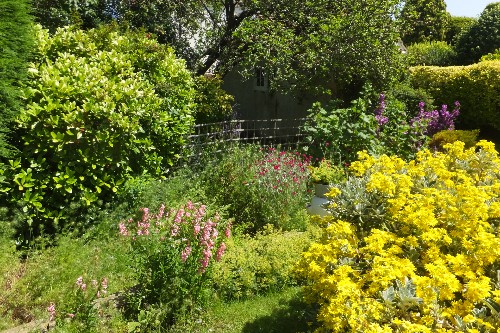Male dolphins whistle to maintain key social relationships, study finds
Allied male bottlenose dolphins maintain weaker yet vital social relationships with whistle exchanges, researchers at the University of Bristol have found.
Allied male bottlenose dolphins maintain weaker yet vital social relationships with whistle exchanges, researchers at the University of Bristol have found.
Researchers, led by the University of Bristol, have shown that the earliest jaws in the fossil record were caught in a trade-off between maximising their strength and their speed.
A former University of Bristol student started the UK’s first fish leather business because she couldn’t find that perfect gift for her father’s 60th.
Scientists have found further evidence to support the idea that the primary two domains of life, the Archaea and Bacteria, are separated by a long phylogenetic tree branch and therefore distantly related. The findings are reported in a study published today in eLife.
Researchers from the Universities of Bristol and Hamburg have engineered bacteria with internal nutrient reserves that can be accessed when needed to survive extreme environmental conditions. The findings, published in ACS Synthetic Biology, pave the way for more robust biotechnologies based on engineered microbes.
Scientists analysing one of the largest genomic datasets of plants have discovered how the first plants on Earth evolved the mechanisms used to control water and ‘breathe’ on land hundreds of millions of years ago.
Inspired by the tsetse fly, scientists have developed a theory about how an individual’s age and experience affect investment in their offspring.
About 200 million years ago, much of Europe was transformed by a huge flood. What had been land, occupied by early dinosaurs and other reptiles, was covered by shallow seawater, from Poland in the east to Wales and south-west England in the west.
New research led by the University of Bristol has revealed how giant 50-tonne sauropod dinosaurs, like Diplodocus, evolved from much smaller ancestors, like the wolf-sized Thecodontosaurus
Gardens in cities provide a long and continuous supply of energy-rich nectar from March to October, scientists at the University of Bristol have found.
